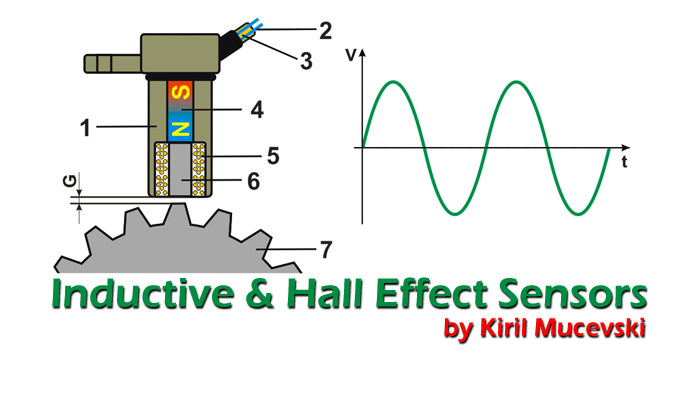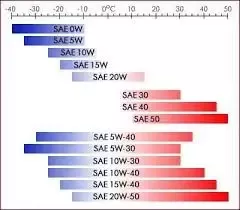In the world of automobiles, the crankshaft sensor plays a crucial role in the functioning of the engine. But does it have a direct impact on the RPM of a vehicle? Let’s delve into this topic to understand the relationship between the crankshaft sensor and RPM.

Credit: www.linkedin.com
Understanding the Crankshaft Sensor
The crankshaft sensor, sometimes called the crank position sensor, is in charge of keeping track of the engine’s crankshaft’s location and rotational speed. It provides vital information to the engine control unit (ECU) to determine the ignition timing and fuel injection timing.
How Does the Crankshaft Sensor Affect Rpm?
When the crankshaft sensor malfunctions, it can disrupt the engine’s ignition timing and fuel injection processes. This disruption can lead to inefficient combustion, causing stress on various engine components. As a result, the RPM of the engine may be affected.
Symptoms Of a Bad Crankshaft Sensor
Identifying the signs of a faulty crankshaft sensor is crucial. Some common symptoms include:
- Rough idling
- Prolonged cranking
- Difficulty starting the engine
- Poor acceleration
Impact On Rpm And Acceleration
A bad crankshaft sensor can lead to RPM fluctuations while driving. It can also cause acceleration problems, as the engine may struggle to maintain speed due to the lack of synchronization of engine pistons.
Role Of Other Sensors In Rpm Control
While the crankshaft sensor plays a significant role in RPM management, other sensors such as the Mass Airflow (MAF) sensor also contribute to regulating engine speed. A faulty MAF sensor, for instance, can result in inaccurate air-to-fuel ratios, impacting RPM stability.

Credit: www.dubizzle.com
Conclusion
In conclusion, the crankshaft sensor does have an influence on the RPM of a vehicle. A malfunctioning sensor can disrupt critical engine processes, leading to RPM fluctuations and poor performance. Regular maintenance and prompt detection of sensor issues are essential to ensure smooth engine operation and optimal RPM control.
Read More:


